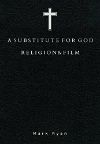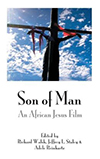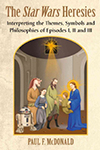- Author(s): Jeffrey K. Hadden
- When: 1993-05
- Where: The ANNALS of the American Academy of Political and Social Science
Religious broadcasting has been an integral part of American culture since the very beginning of radio. Over the decades, religious broadcasters have periodically generated considerable controversy as they have used the airwaves to transmit unorthodox spiritual and political messages. The decade of the 1980s has been the most tumultuous and political thus far in the history of religious broadcasting. Televangelists forged a coalition that provided critical electoral support for Ronald Reagan and George Bush while also playing a significant role in defining the social agenda of the decade. Toward the end of the decade, however, religious broadcasting appeared to self-destruct in the wake of financial and sexual scandals that rocked several major ministries. Still, religious broadcasting not only persists, but some ministries thrive and some televangelists continue to influence the American political scene. This article examines the rise and fall of televangelism and explores the prospects for the continuing influence of broadcasters in American religion and politics.








